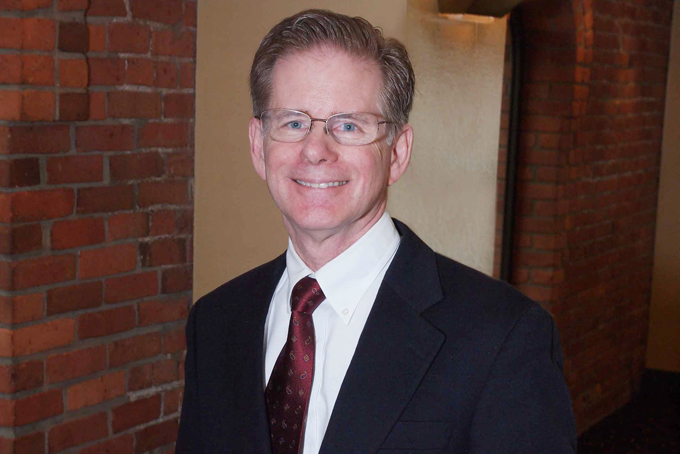
DETROIT (AP) — Much of what you need to know about Judge Steven Rhodes, friends and former colleagues say, can be gleaned from a handful of hours amid the hundreds he’s logged overseeing the largest public bankruptcy filing in U.S. history.
On a September day in Detroit’s grand federal court building, the veteran bankruptcy judge invited retirees and residents to tell him what the city’s massive restructuring would mean for them. Each had three minutes, but Rhodes was generous with the clock and let them have their say.
He didn’t have to do it.
“There is no requirement that a bankruptcy judge has to listen to individuals who are represented by (lawyers),” said former bankruptcy Judge Ray Reynolds Graves, who worked with Rhodes for 17 years. “Steve put that to one side and had the retirees come into court and address him personally. Listening to people who could be adversely affected by having their pensions cut — that tells you something about the man’s sensitivities.”
Rhodes’ character and conduct are more closely scrutinized since last week’s ruling that Detroit was eligible to fix its broken finances in bankruptcy court. Friends and colleagues say the chief bankruptcy judge in Detroit — approaching retirement himself — aims to push the human impact to the front of an often arcane, impenetrable case of creditors and complex financial formulas.
Many workers and retirees were crushed to hear him say their pensions aren’t protected by the Michigan Constitution and could be cut, though his order came with a less legal and more reassuring caveat: He vowed to be sensitive to how retirees are treated and won’t “lightly or casually” approve any reductions.
Much of what the broader public knows about the grandfather who also plays rhythm guitar in a band of bankruptcy officials is through what he’s said in court — particularly his 90-minute oral opinion on the day he greenlighted the bankruptcy. And on the bench he isn’t reluctant to express his views, often striking a populist tone. Michigan Gov. Rick Snyder took the unprecedented step of testifying at trial about his role in approving the bankruptcy filing only after the judge strongly suggested that his attendance would not be excused.
During the eligibility trial, Rhodes sharply questioned Detroit emergency manager Kevyn Orr about a summer comment that pensions are “sacrosanct” and wouldn’t be touched.
“What would you say to that retiree now?” Rhodes asked, a reference to Orr’s subsequent decision to propose cuts to pensions.
At another hearing, an investment banker, James Saakvitne, said it was important that his firm help the city but only under certain confidential terms.
“What’s very important to you is to make money,” the judge interjected.